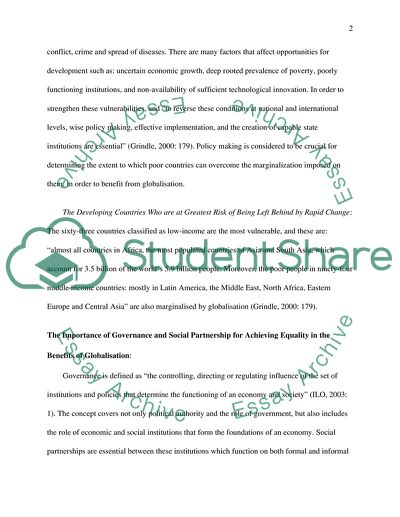Cite this document
(The Effect of Globalization on Developing Countries Research Paper, n.d.)
The Effect of Globalization on Developing Countries Research Paper. Retrieved from https://studentshare.org/macro-microeconomics/1709242-research-essay
The Effect of Globalization on Developing Countries Research Paper. Retrieved from https://studentshare.org/macro-microeconomics/1709242-research-essay
(The Effect of Globalization on Developing Countries Research Paper)
The Effect of Globalization on Developing Countries Research Paper. https://studentshare.org/macro-microeconomics/1709242-research-essay.
The Effect of Globalization on Developing Countries Research Paper. https://studentshare.org/macro-microeconomics/1709242-research-essay.
“The Effect of Globalization on Developing Countries Research Paper”, n.d. https://studentshare.org/macro-microeconomics/1709242-research-essay.


